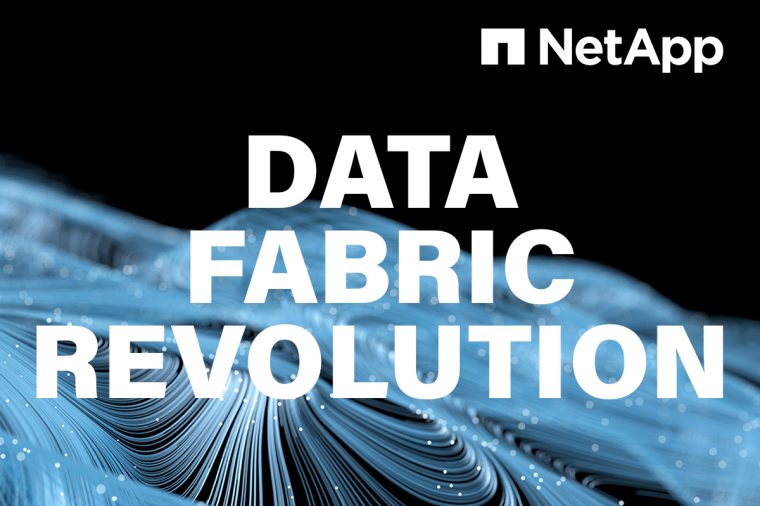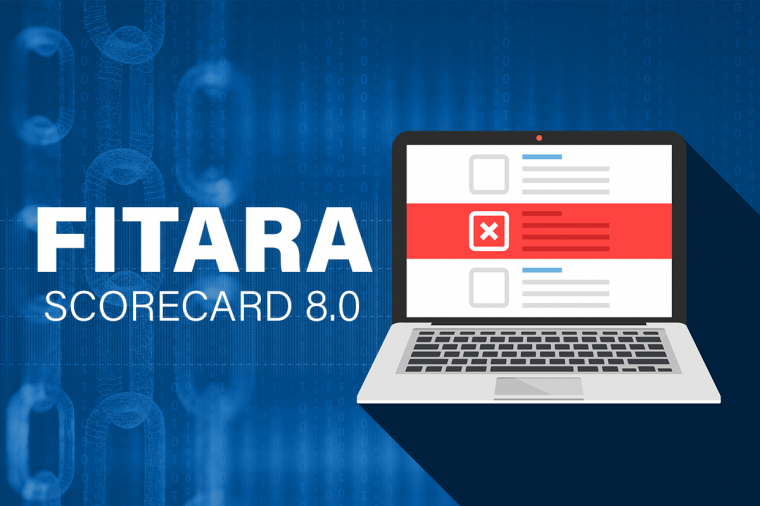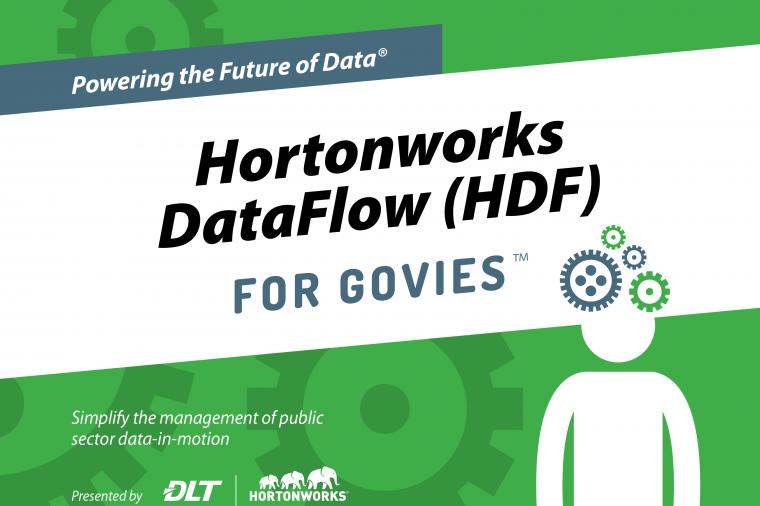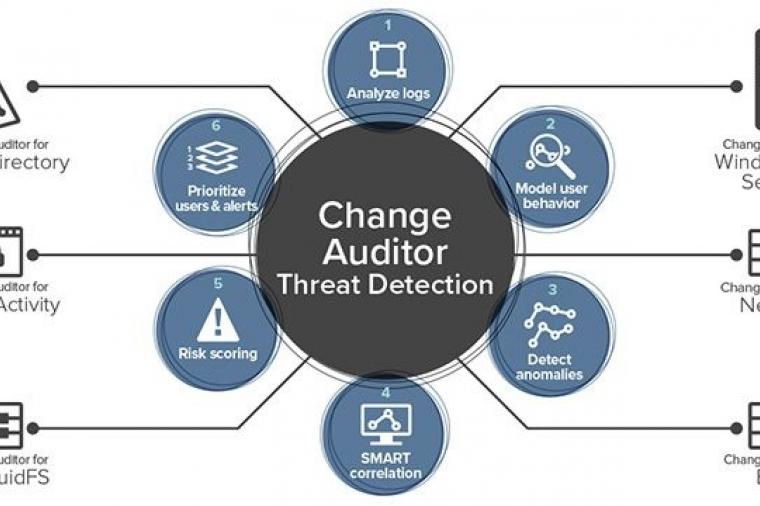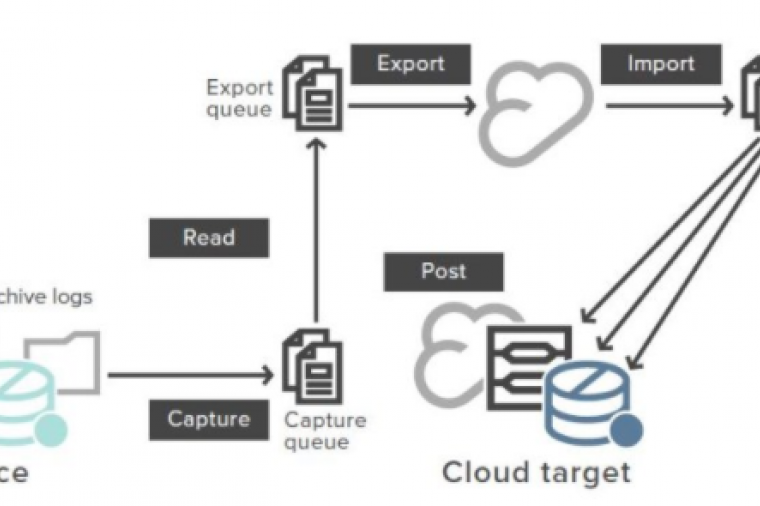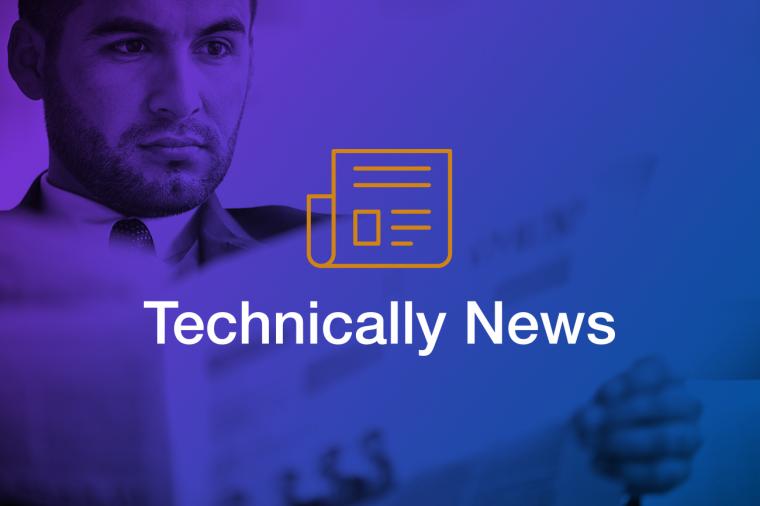Data Privacy: Why You Should Protect Sensitive Data

In today’s data intense environments, business and government agencies collect unprecedented amounts of data. It’s estimated that more than 50% of this data can be classified as confidential. This sensitive, personal, financial, and health information is protected by several industry and governmental data privacy regulations, such as HIPPAA, PCI DSS, GLBA, and European Privacy Laws. Failure to keep this data secure can impact your organization immensely. According to a research report from the Ponemon Institute, the average cost of a data breach was $194 per record, or $5.5 million per company in 2012. But the price of data breeches is not only monetary. The negative PR following a data breach and the loss of your customer’s trust can devastate your organization.
According to report, 69% of organizations find it difficult to restrict user access to sensitive information in IT and business environments.
Most organizations only focus on keeping data secure for application users, data analysts, and business users. But what about production support? Administrators? DBAs? Outsourcing and offshore initiatives? How are you securing data for privileged users and super users? How are you protecting production data that is used in your data warehouse, test, training, or new production environments? Are you creating and maintaining separate privacy solutions for the different applications in your organizations?
To address these questions, organizations need to implement a complete data privacy solution needs to be in place with dynamic data masking and test data management. The challenge many businesses have is getting the right information to the right person while protecting data privacy. With dynamic data masking, individual users are able to see the data they need to do their jobs, in real time, without affecting performance.
Privileged users are responsible for 50% of all compromised data according to the Ponemon Institute. To avoid being part of this statistic, implementing test data management creates smaller copies of production environments and then permanently masks sensitive or confidential data such as Social Security Numbers and credit card numbers to reduce the risk of a data breech.
DLT and Informatica’s on-demand webinar, Filling the Gap in Your Data Security Approach, further addresses how data masking can work in concert with your existing tools and processes to further mitigate the risk of data loss.



